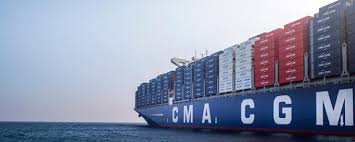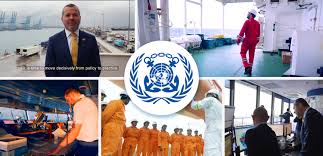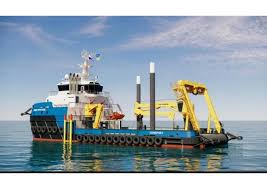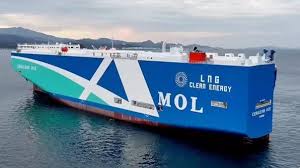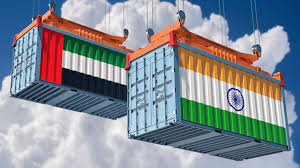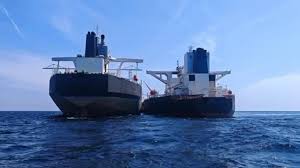CISF to oversee access control, cargo screening, and sea patrols at 80 key export/import ports, while a ‘sovereign entity’ manages private port security.
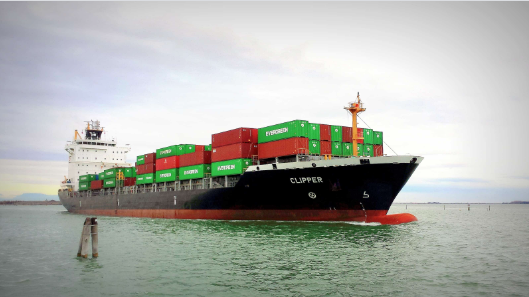
A senior government official stated on Friday, November 21, 2025, that the Union Government has appointed the Central Industrial Security Force (CISF) as the security regulator for more than 250 seaports in the nation in order to close the gaps in coastal security. In order to bring commercial seaports that handle cargo under a common security architecture, the government plans to install a “sovereign entity” there.
First, the CISF will oversee entrance control, cargo screening, and beachfront patrols at least 80 seaports that deal with the import and export of products. A “sovereign” security force will be present at the seaports that handle cargo. Currently, all 13 main seaports are secured by the CISF.
There is currently no standard security template for seaports, and local police and private security firms handle security arrangements in various locations.
The Ministry of Home Affairs (MHA) released instructions for seaport security in 2023 after discussions at the National Security Strategy Conference. In accordance with the International Ship and Port Facility Security (ISPS) Code, the Ministry of Ports, Shipping, and Waterways issued an order on November 18 designating CISF as the Recognised Security Organisation (RSO) for seaports.
CISF will be the primary agency for seaports, similar to airports. The CISF will manage the main operations at 80 airports that carry cargo, while the other 170 seaports will be secured gradually, according to the spokesman. CISF estimates that in order to safeguard each seaport, between 800 and 1,000 people must be deployed. The MHA has been asked by the CISF to approve the deployment of 10,000 more personnel at 80 seaports.
This is the result of a Joint Committee of CISF and the Director General of Shipping that was established in September 2024. The committee did a thorough examination of port security, identified gaps, and recommended corrective actions to the Indian government.
In a hybrid security approach, State Police or Private Security Agencies (PSAs) may handle non-core responsibilities, including traffic management, gate control, and ancillary chores, while CISF will handle key security services at all EXIM (export-import) ports. Additionally, private security workers will be required to undergo training by the CISF.
SOURCE – THE HINDU






